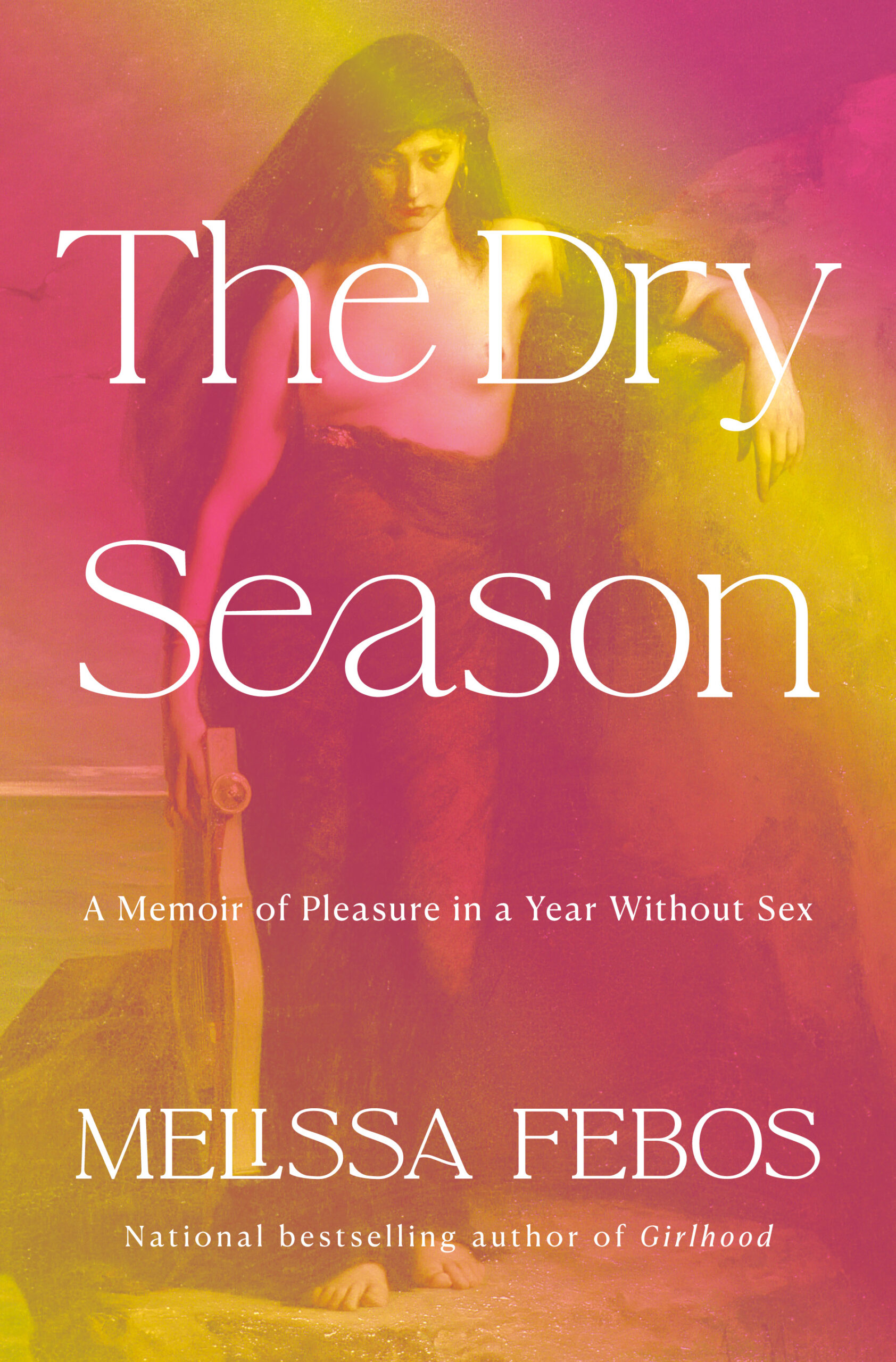HANNAH GERSEN interviews ROLAND KELTS
Aside from Haruki Murakami, much of Japanese writing remains unknown in the U.S., simply because it is not translated into English. Now, thanks to collaboration between the Brooklyn-based literary magazine, A Public Space, and the Tokyo-based literary magazines, Monkey Business, a special English-language edition of Monkey Business is available in the US. This special edition, called “New Voices from Japan”, will showcase the best of the magazine’s first three years of publication and will include stories, poetry, and non-fiction, including an interview with Murakami.
As Stuart Dybek writes in a letter introducing the issue: “The books and anthologies that line my shelves attest to the fact that we live in a golden age of translation. Even so, it’s rare to have a literary magazine like Monkey Business appear in English. It arrives with the sense of discovery and immediacy that one reads literary magazines for.”
Brooklyn’s Book Court, beloved independent bookstore and host of The Common’s upcoming New York City reading event, celebrated the publication of Monkey Business: New Voices from Japan last night with a party and reading featuring Japanese contributors Hiromi Kawakami, Hideo Furukawa, Minoru Ozawa, and Monkey Business founder and editor Motoyuki Shibata. It was an entertaining and at times emotional event, as the writers reflected on the devastation of the March 11 earthquake and tsunami. Furukawa, a novelist from Fukushima, Japan, one of the regions most affected by the quake, told the audience that he had been trying to write his way through the tragedy, and expressed gratitude at the opportunity to share Japan’s literature in a time of uncertainty. Shibata echoed his sentiments, closing the evening with a reading of Emily Dickinson’s “We Grow Accustomed To The Dark.”
Roland Kelts, one of Monkey Business’s contributing editors and author of Japanamerica, a book about the invasion of Japanese pop culture in the US, answered a few questions for The Common about contemporary Japanese literature and its emerging writers:
How would you characterize Japan’s current literary culture? Its contemporary literature? Are there any interesting trends emerging?
A lot of writers in Japan seem to be exploring what we might call the ‘surreal,’ dreamlike nature of contemporary life in an attempt to come to grips with a profoundly advanced, hyper-developed urban nation. And I think the incursion of technology and an ‘always-on,’ eerily connected yet isolating world makes their work seem particularly apt and insightful. Younger writers in particular feel intimately attuned to our age of exhaustion and repetition. Hideo Furukawa (novelist, author of Thirteen and Belka, Why Don’t You Bark?) for example, imagines a Tokyo inhabited mostly by monsters—who nevertheless feel more sensitive than the humans around them. Of course, Haruki Murakami was onto this trend years ago, which is why his work feels so relevant wherever you are—in NYC, Shanghai, Moscow or Tokyo.
Generally speaking, how does contemporary Japanese literature compare to contemporary American literature?
I think the two literatures are becoming more closely aligned, with writers seeing and conveying similar dreamscapes. Consider one of America’s more innovative young writers, John Wray, and his love of Murakami’s work, and the way thousands of young writers in the US see Murakami and Yoko Ogawa (The Housekeeper and the Professor) as models for new voices and visions.
What are some of the challenges in translating Japanese?
I’m not a translator, and could never be one, but I have several friends who are brilliant translators. Among many other challenges is finding a voice in English that will carry the tone and sensibility of the original Japanese. Japanese is a language that doesn’t conform easily to English grammatical contexts. In addition, it has numerous regional dialects. My friend, Motoyuki Shibata, the founding editor of Monkey Business, somehow found an older Kansai (western Japanese) dialect to suit Thomas Pynchon’s comical riff on 18th-century American English in Mason & Dixon. Shibata has also translated Paul Auster, Rebecca Brown, Stuart Dybek and others into Japanese, and translated Yoko Ogawa into English for the first issue of A Public Space. Monkey Business features translations by Ted Goossen, Jay Rubin (Murakami’s translator), Michael Emmerich and others. I honestly don’t know how they do it, but I’m grateful.
Monkey Business is available for order through A Public Space here. Twenty-five percent of all MB sales will go toward the Nippon Foundation/CANPAN Northeastern Japan Earthquake and Tsunami Relief Fund.



